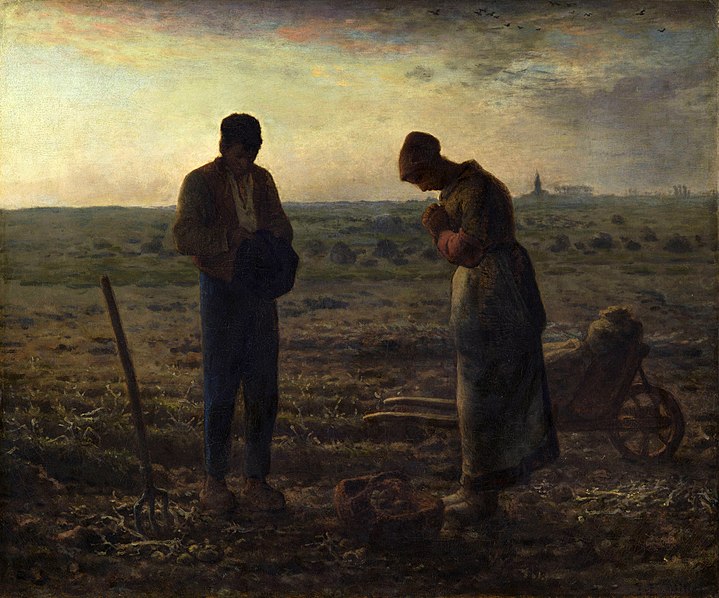Forgiveness and the Lord’s Prayer
Of course, I could have written the title of this post the other way, but forgiveness seems to be the main lesson God is trying to get through my thick, red-haired head these days.
Without any kind of a prayer life, how can we accomplish the least of the tasks in our daily lives, much less forgiveness of another. Reflecting on the Lord’s Prayer, I am completely in awe at how perfectly the words are, I know, consider the author. Jesus taught the apostles this prayer which covers all bases in a very short and simple way. But it also puts us to task in a very blunt and severe way in the forgiveness department; He will forgive us, AS we forgive others around us…ouch!
“As”
Now, we all remember the Clinton days when he fought the infidelity accusations with an idiotic argument on the meaning of the word “is”. He wanted to escape the reality of his marital sinfulness with a present/past tense wording. How truly petty and evil could you get? A lie is a lie and the truth is the truth…past, present, or in the future. His intentions, responsibility, and actions were the true evidence of the sin he committed and continued to commit in his lies to his family, himself, and the entire world! No single word, in his case, could ever clear him of his mortal sin.
OK, so on to the word “as” in the prayer of our Lord: “and forgive us our trespasses, AS we forgive those who trespass against us.”
Now, has a single word ever struck such a difficult…near impossible note? Our God and Creator forgives us AS only He can in His inconceivable nature, but we must follow His lead with each other. Forgiving each other is the charitable thing to do in all cases of human interaction…AS our heavenly father offers the forgiveness to us. In some cases, this is easy to offer and feel good about; has there been a time or a case that this is true? It truly feels good to let these feelings go and clear the slate for a new beginning. But there are those certain instances that forgiveness is much more trying. Forgiveness is not an emotion, it is a gift and a decision made each and every day to forgive and let go of anger, disappointment, and resentment. If extended, and received, it is a blessings AS we know it in God’s loving forgiveness.
Jesus intentionally made this little, tiny word carry a heavy responsibility to the world. In the Catechism of the Catholic Church, #2842 talks about how it “is not unique in Jesus’ teaching: “You, therefore, must be perfect, as your heavenly Father is perfect.”; “Be merciful, even as your Father is merciful”; “A new commandment I give to you, that you love one another, even as I have loved you, that you also love one another.” (Mt 5:48; Lk6:36;Jn13:34)
Love thy neighbor AS thyself, treat your brother AS you would be treated, we can’t ignore this word…really. How can we ask for forgiveness if we are unable to forgive another? How can we ask for something we are unwilling to give? How can ignore our heavenly Father’s request? It’s not a suggestion, it’s not a favor, it’s not something intended to be selective either. God wants us to do as He asks all the time!
A new year a fast approaching, and though I am not a resolution maker, I am going to work on being a better forgiver-er in 2014 with lots of prayer and conversations with our Lord along the way.
How about you?







 Instructions for Parents I recommend that you meditate on Luke 17:11-19 in your own prayer time before presenting it to your kids. If you’re not sure how to do this, look at
Instructions for Parents I recommend that you meditate on Luke 17:11-19 in your own prayer time before presenting it to your kids. If you’re not sure how to do this, look at 
